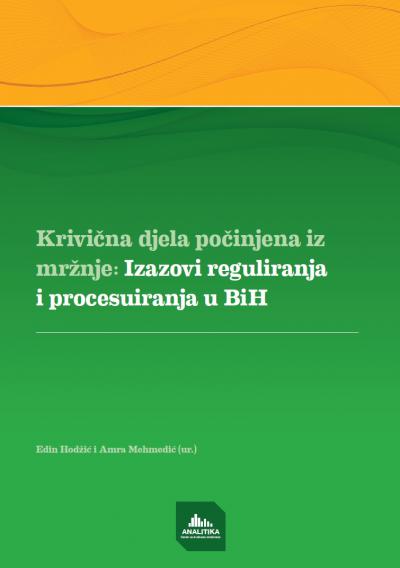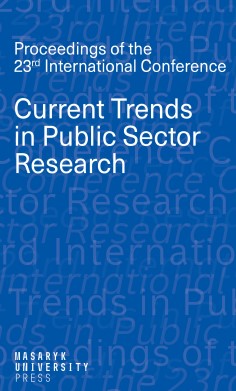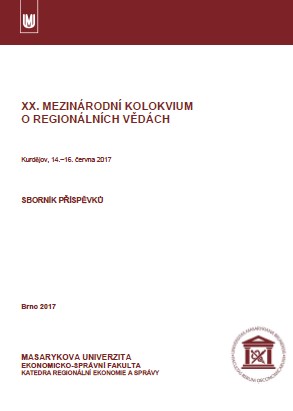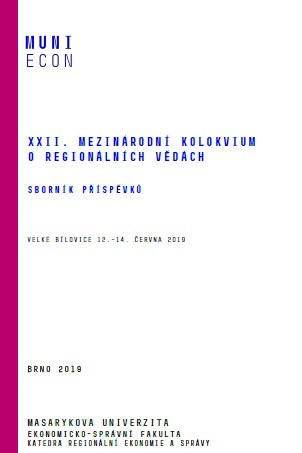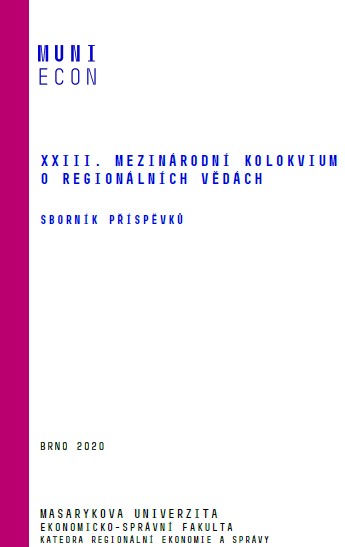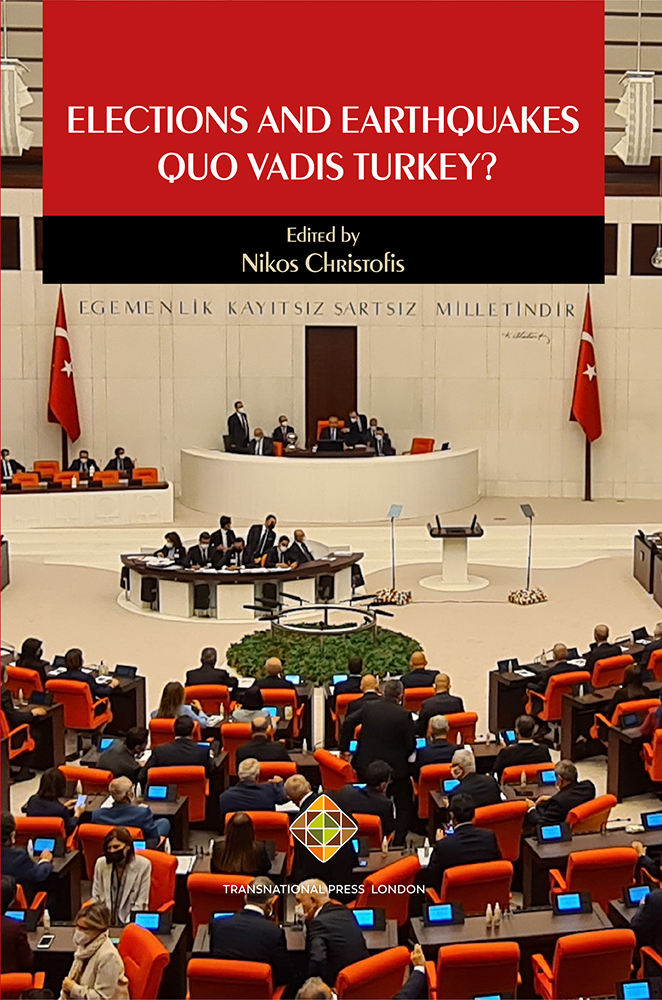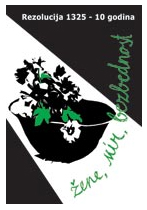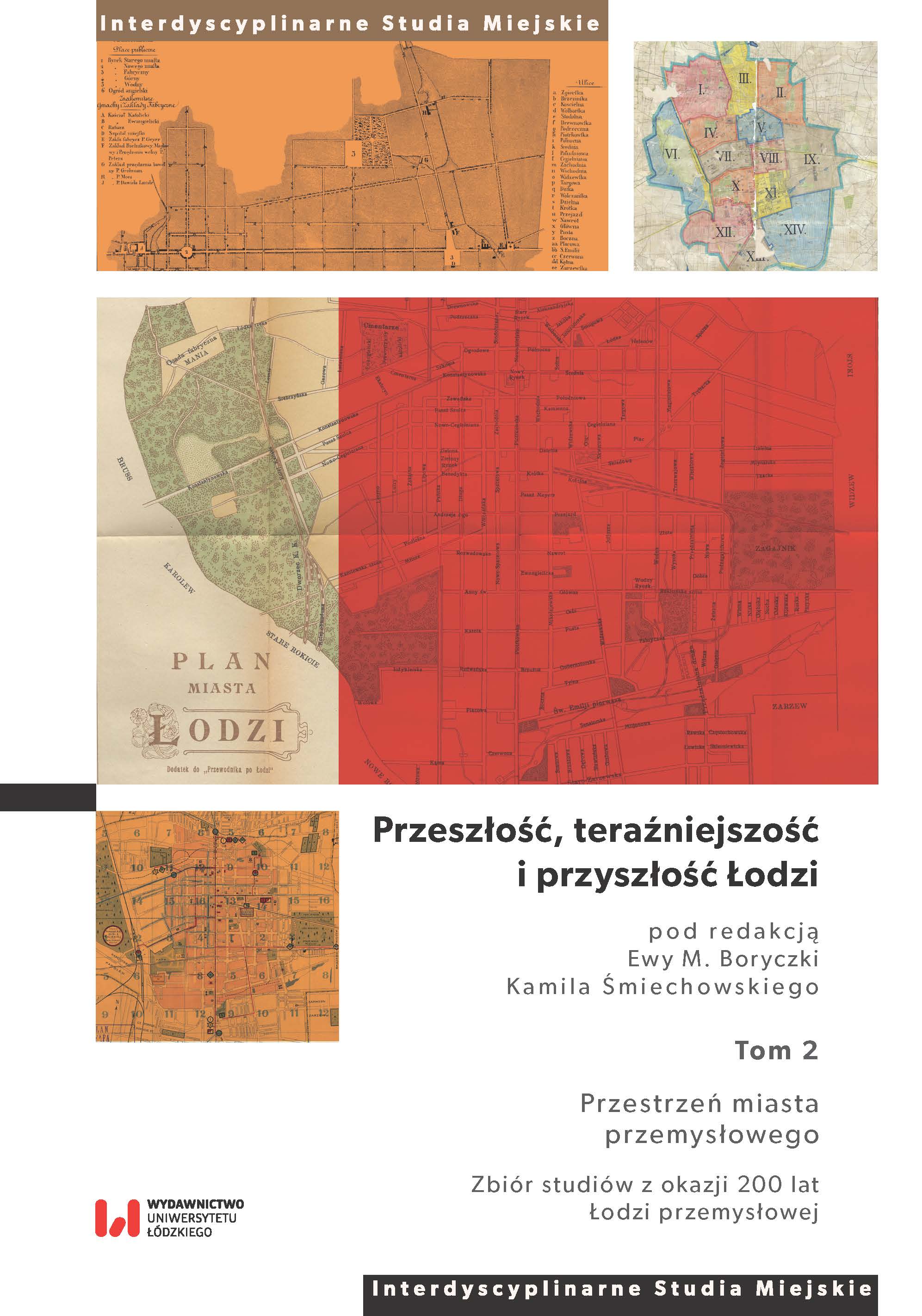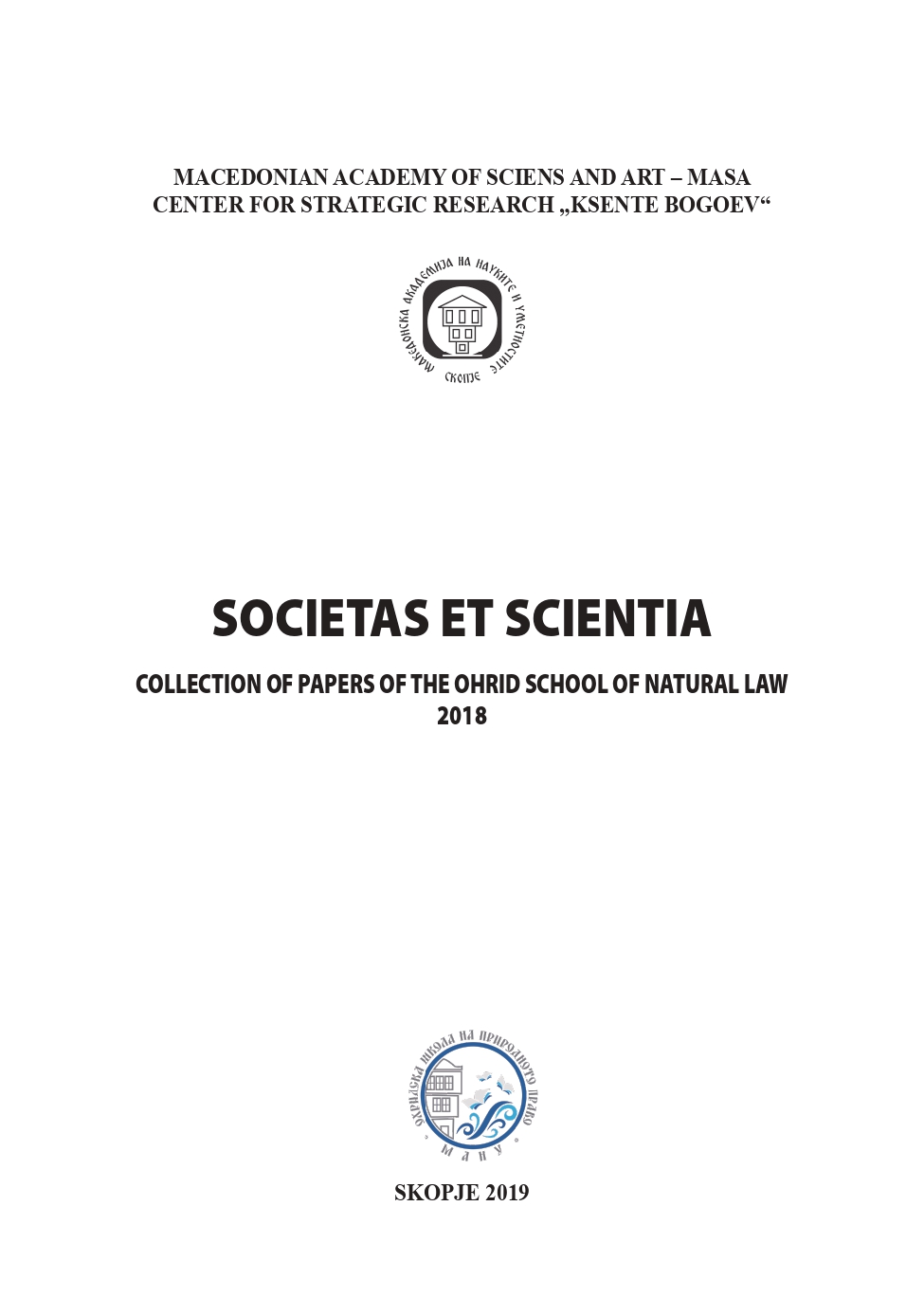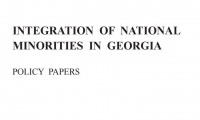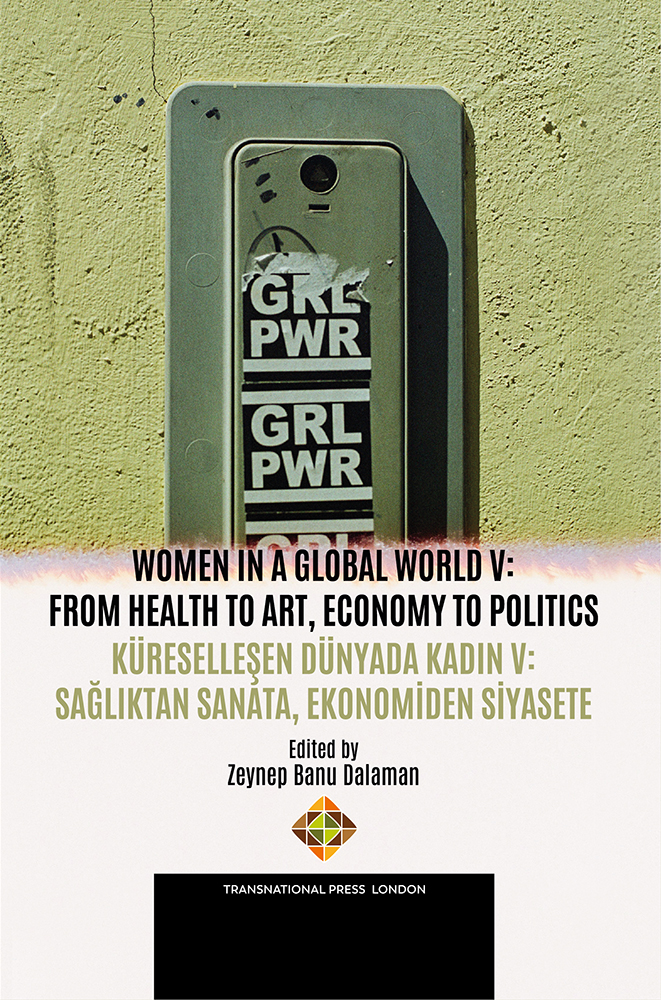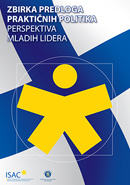Author(s): Dragana Bajić,Filip Stojanović,Irina Stojanović,Jovana Đurović,Sandra Jelisavčić / Language(s): Serbian
Publication Year: 0
Snažno civilno društvo jedan je od osnovnih gradivnih elemenata svakog demokratskog uređenja, budući da artikulisanjem interesa građana otelovljuje potrebu za transparentnom i odgovornom vladavinom. Međutim, odnos između organizacija civilnog društva i državnih institucija često je veoma delikatan i ne ostavlja dovoljno prostora za adekvatan dijalog koji bi doprineo učvršćivanju poverenja obe strane. Ovo je posebno naglašeno u sektoru bezbednosti, gde organizacije civilnog društva (OCD) deluju kao akteri sa nadzornom ulogom. Na prostoru Republike Srbije su do sada identifikovane 44 organizacije koje se u nekom aspektu svog rada bave bezbednošću, od čega 15 OCD kao primarnu oblast interesovanja izdvaja bezbednosno-obaveštajnu zajednicu. Političko nasleđe u Srbiji uticalo je na negativnu percepciju bezbednosnih službi koje su i dalje mistifikovane i koje svoje postupke brane potrebom ostvarivanja određenog stepena tajnosti – što stvara mogućnost za zloupotrebe. Sa druge strane, organizacije civilnog društva su u prošlosti bile pod opstrukcijom državnih aktera, čime su postajale zastrašene i radile u neadekvatnim uslovima. prkos velikom broju započetih diskusija o reformi sektora bezbednosti i o nadzoru rada bezbednosno-obaveštajnih agencija, nije dovoljno urađeno na konkretizaciji problema i davanju jasnih smernica za unapređenje ove problematike, koja predstavlja veoma zahtevnu i bitnu temu, naročito u procesu evrointegracija. Posebno značajno, a nedovoljno obrađeno pitanje predstavlja odnos i saradnja Bezbednosno-informativne agencije (BIA) i OCD. Dok stav Republike Srbije uopšte ne pominje Bezbednosno-informativnu agenciju i mogućnosti njenog nadzora od strane javnosti, oni dokumenti koji sadrže odredbe o toj mogućnosti su veoma neprecizni i široko definisani, što granicu između javnosti i tajnosti rada Bezbednosno-informativne agencije čini dodatno zamagljenom. Dobra praksa ukazuje da je postojala saradnja između BIA i OCD, ali isključivo na ad hoc nivou. Da bi se otklonili uočeni nedostaci i uspostavilo poverenje između BIA i OCD, potrebno je, za početak, definisati mesto OCD u radu sektora bezbednosti normativnim dokumentima i obezbediti mehanizme za njihovo stvarno učestvovanje u kreiranju i implementaciji bezbednosne politike. Budući da je BIA institucija koja je poslednja po transparentnosti, sledi da je prva po broju zahteva za informacijama od javnog značaja, koje često ne uvažava. Shodno tome, postoji mogućnost diskrecione ocene ove institucije prilikom odluke o davanju informacija građanima i organizacijama civilnog društva. Sve navedeno ukazuje na činjenicu da je potrebna reforma u skladu sa standardima koje Srbija mora da isprati kao demokratska, moderna država, a naročito s obzirom na reforme koje preduzima u procesu pristupanja EU.
More...
